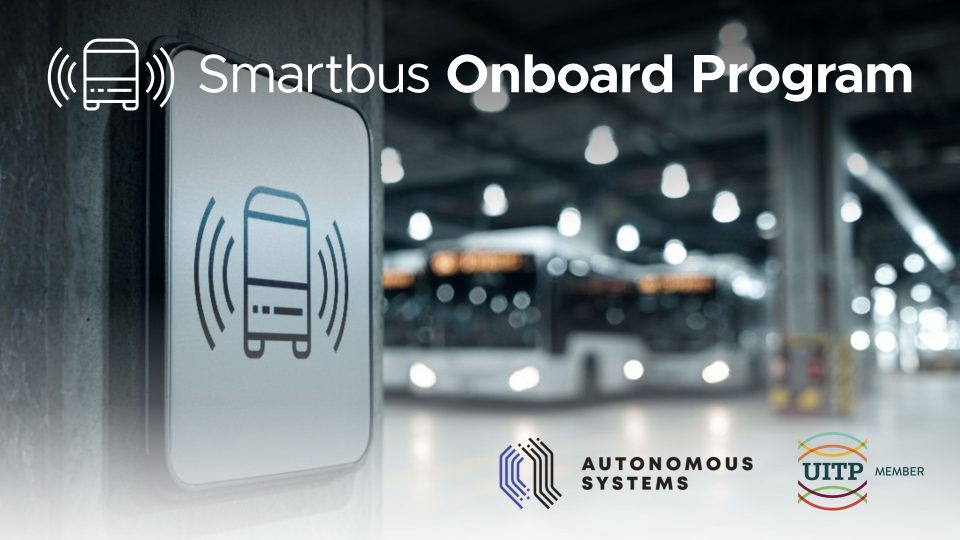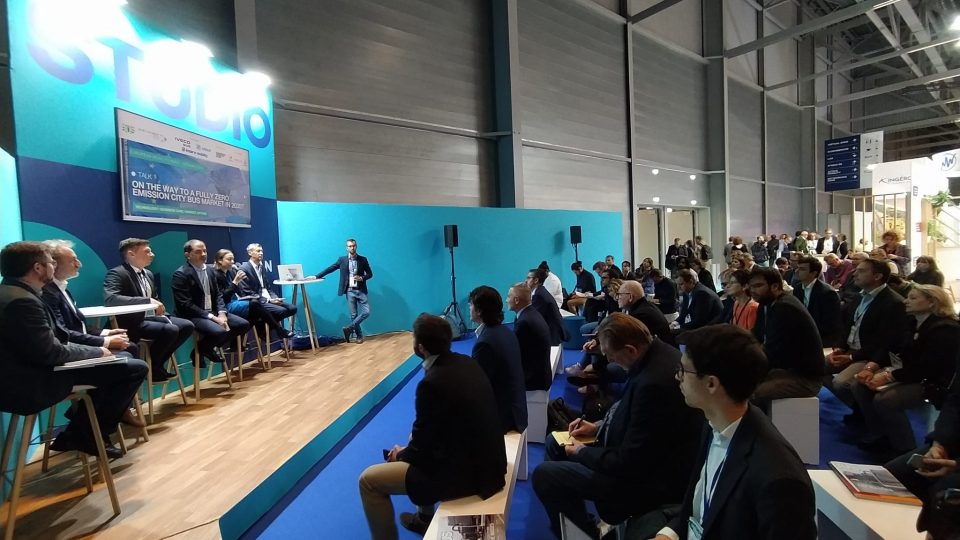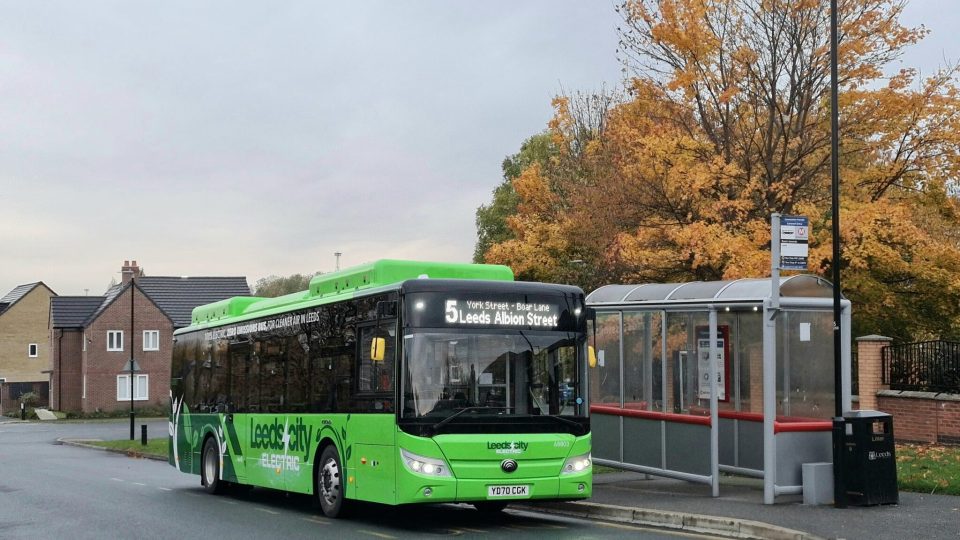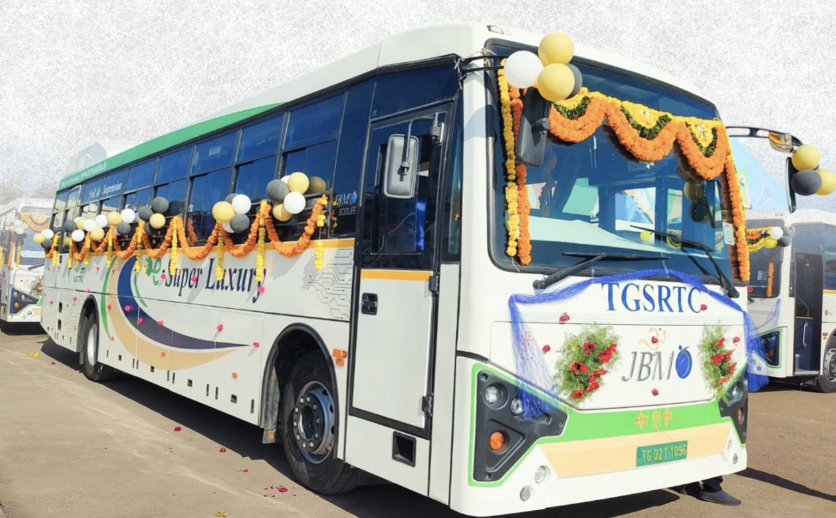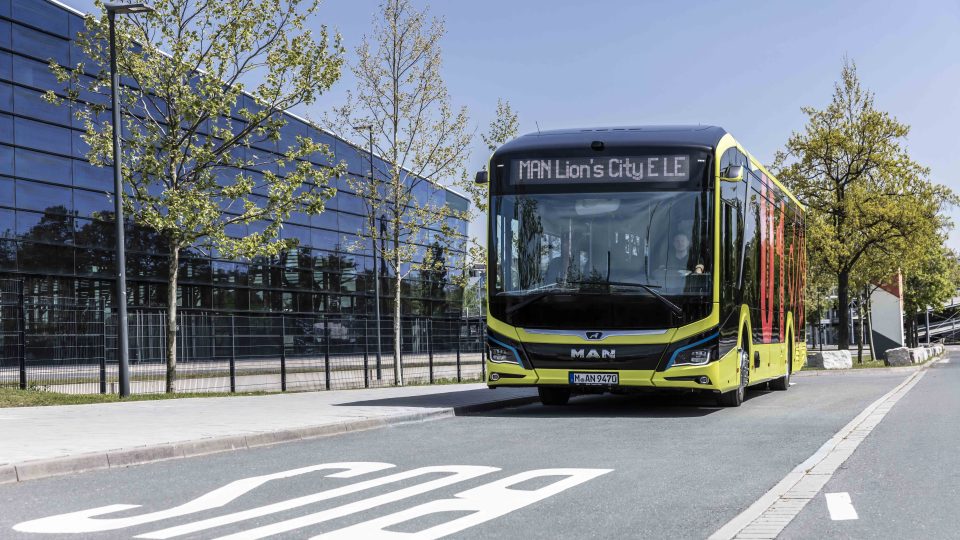Alexander Dennis restructures UK manufacturing. Falkirk and Larbert facilities will be halted. Up to 400 jobs at risk
Alexander Dennis has announced on 11th June the beginning of a consultation process aimed at reshaping its UK manufacturing footprint. This move follows a detailed internal business review and is a response to changing market dynamics. Under the consultation, reads the press note spread by the company, “Alexander Dennis will look at consolidating its UK […]
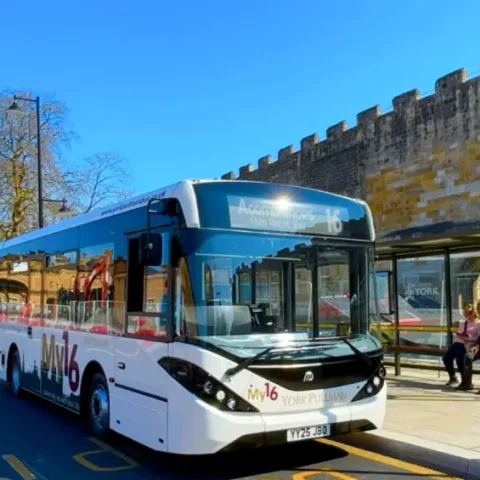
Alexander Dennis has announced on 11th June the beginning of a consultation process aimed at reshaping its UK manufacturing footprint. This move follows a detailed internal business review and is a response to changing market dynamics.
Under the consultation, reads the press note spread by the company, “Alexander Dennis will look at consolidating its UK bus body manufacturing operations into a single site in Scarborough, England. Its Scottish based manufacturing in Falkirk, which has already been reduced in recent years, would be discontinued and the site closed. Production lines at Larbert would be suspended upon the completion of current contracts”. Alexander Dennis employs around 1,850 people in the UK, with its biggest plant in Larbert.
The BBC also reports that “The company said it was facing strong competition from Chinese electric bus manufacturers whose share of the market had risen from 10% to 35%”. And adds that “Scottish Labour accused the Scottish government of “selling out” workers saying out of 252 potential orders from the Scottish Zero Emission Bus Challenge Fund buses, only 44 were awarded to Alexander Dennis”.
Alexander Dennis, up to 400 jobs at risk
This restructuring, according to the press note shared by the company, is intended to streamline operations, reduce duplication, and lower fixed costs. However, it places up to 400 roles at risk—about 22% of the Alexander Dennis workforce and 4% of NFI’s global workforce.
This change comes at a time when Alexander Dennis continues to hold a strong position in the UK bus market. In an interview with Managing Director Paul Davies during Euro Bus Expo 2024, the company confirmed its leadership with projections to deliver approximately 1,500 buses by the end of the year. “We are still the market leader,” Davies stated. “But the challenge for next year is that a lot of ZEBRA and ScotZEB funding, as well as some of the London orders, have gone abroad. In 2025, between 700 and 800 buses will be supplied by two Chinese competitors.”
The decision to restructure manufacturing also comes alongside other strategic adjustments, such as pausing coach production in 2025. Following a post-pandemic drop in volumes from 200 coaches per year to just 50-60, Alexander Dennis has decided that continuing coach production at a loss would be unsustainable, as also declared by Paul Davies in the interview.
Paul Davies, Alexander Dennis President & Managing Director, said: “We are proposing a new UK manufacturing strategy to underpin financial sustainability and lower operating costs in the face of changing and challenging market dynamics. Together with our parent NFI Group, we are extremely proud of our UK history and legacy dating back to 1895 and firmly believe in our people, products and business. We must take significant action to drive efficiency to allow our operating model to be competitive. It is extremely regrettable that as part of this, we must place jobs at potential risk of redundancy and propose to cease manufacturing operations at some of our facilities. While stakeholders have been sympathetic of the situation, the stark reality is that current UK policy does not allow for the incentivization or reward of local content, job retention and creation, nor does it encourage any domestic economic benefit. We have warned of the competitive imbalance for some time and would like to see policy and legislative changes that incentivize the delivery of local benefit where taxpayer money is invested. We strongly believe funding that supports public transport should lead to investment in local jobs, domestic supply chains, technology creation and a recurrent tax base.”



